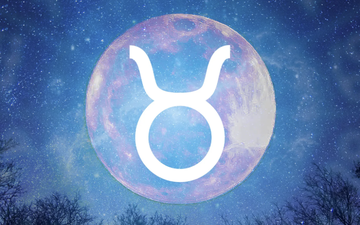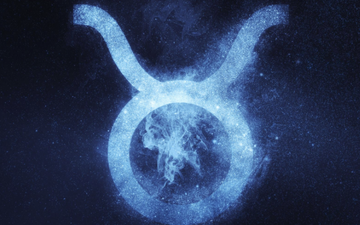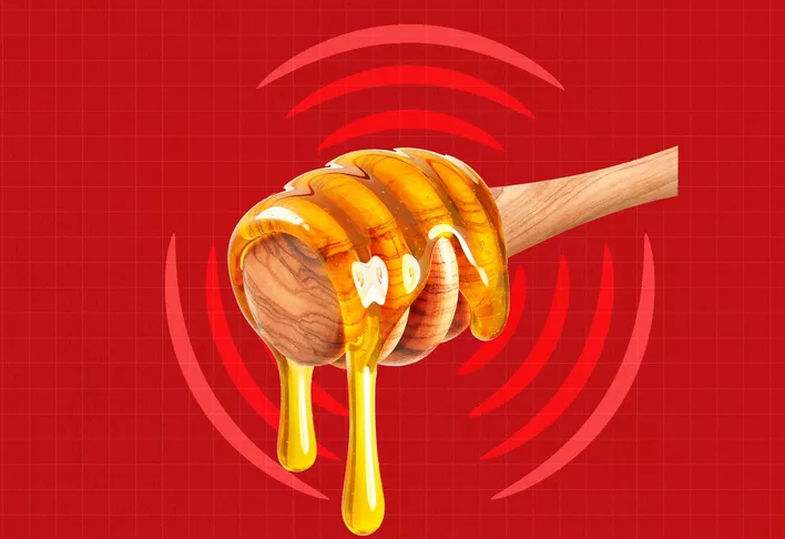
If you've seen the second season of Bridgerton on Netflix, Anthony's father Lord Bridgerton dies of a bee sting allergy.
How many times have you been in the kitchen marinating chicken thighs with a little honey before popping them in the oven, and worried about a possible honey allergy? Always if you are allergic to bees!
If bee stings can cause an allergic reaction in some, then it would stand to reason that honey produced by the same insect would cause the same type of reaction. True?
Fortunately, it's not as terrible as you think. To understand the specifics of why some people are allergic to bees and how this is related to honey allergy, New York City allergist Andrea Burke talks to EatingWell magazine.
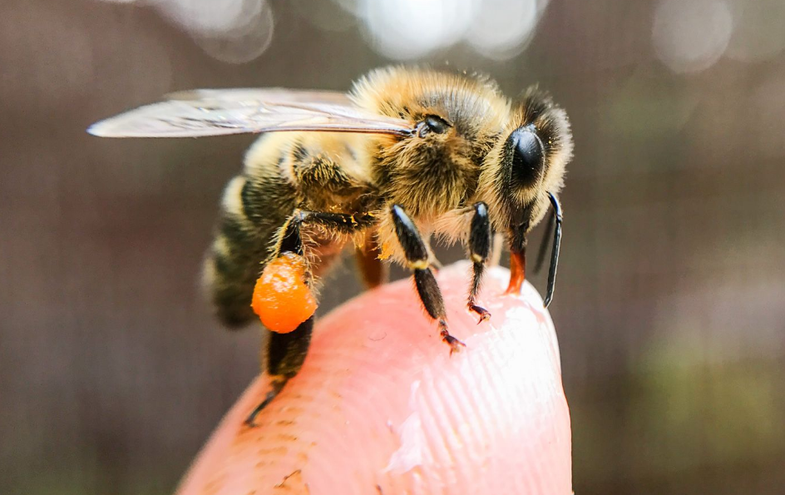
Why are people allergic to bees?
When a bee or other stinging insect stings you, the stinger containing the venom sticks to the muscle, injecting some of its venom into your system leading to allergies.
You may experience anaphylaxis, which affects the whole body. "Allergy cells are activated and different parts of the body are triggered to react, giving signs such as tightness in the lungs, vomiting, and swelling."
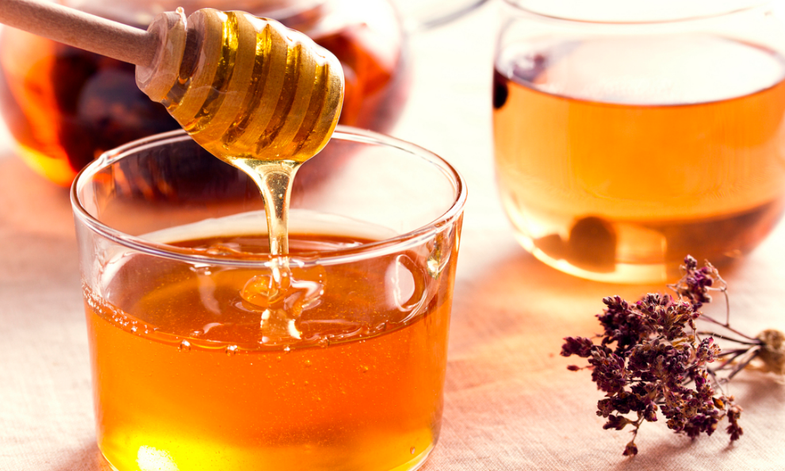
Allergic to honey if you are allergic to bee stings?
If you have an allergy to bee stings, you are not necessarily allergic to honey. Why? Because these two influences from the bee come from two different parts of the insect's body. Allergies to bee stings come from the venom, which is part of the sting. Honey is transferred from the nectar that comes from the bee's tongue, called the proboscis.
Dr. Burke says her patients with bee allergies can enjoy honey regularly and worry-free!


